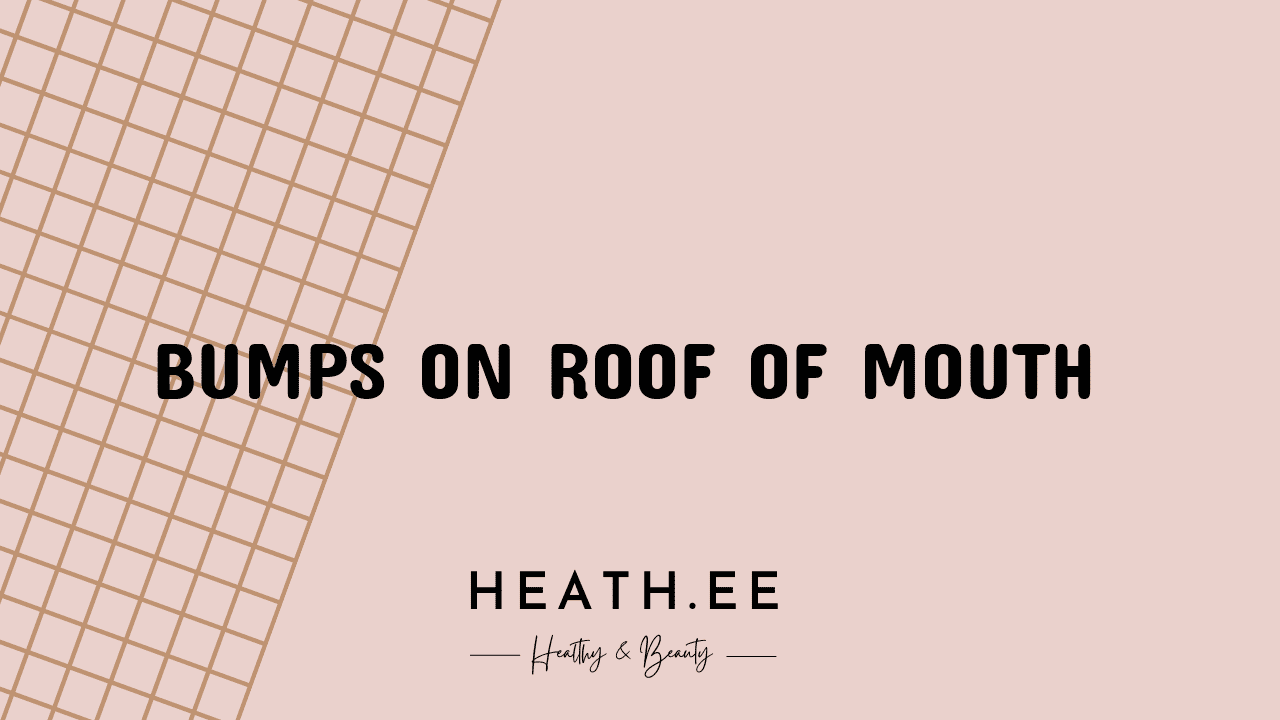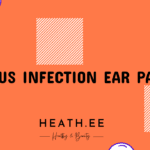Having bumps on the roof of your mouth can be a very uncomfortable experience. From pain and soreness to difficulty eating and drinking, it can be difficult to ignore. But what causes these bumps, and what can you do to treat them? In this article, we’ll explore the causes, symptoms, and treatments of bumps on the roof of the mouth.
What Causes Bumps on the Roof of the Mouth?
Bumps on the roof of the mouth are caused by a variety of different conditions. In some cases, they may be caused by a virus or bacteria, while in others they may be caused by an underlying medical condition. The most common causes of bumps on the roof of the mouth include:
-
Infections: Bacterial and viral infections can cause bumps on the roof of the mouth. These include strep throat, mononucleosis, and the common cold.
-
Allergies: Allergies can cause bumps on the roof of the mouth, as well as swelling and irritation. Common food allergies that can cause bumps on the roof of the mouth include peanuts, tree nuts, dairy, and wheat.
-
Trauma: Trauma to the roof of the mouth can cause bumps, such as from a burn or a bite.
-
Canker sores: Canker sores, also known as aphthous ulcers, are small, painful sores that can appear on the roof of the mouth.
-
Tumors: While rare, tumors can cause bumps on the roof of the mouth.

Symptoms of Bumps on the Roof of the Mouth
The symptoms of bumps on the roof of the mouth vary depending on the cause. Common symptoms include:
-
Pain: Bumps on the roof of the mouth can cause pain and discomfort, especially when eating or drinking.
-
Swelling: Swelling of the roof of the mouth can occur with some causes of bumps, such as allergies or infections.
-
Redness: The roof of the mouth may become red and inflamed.
-
White patches: White patches may appear on the roof of the mouth, which can be a sign of an infection.
-
Difficulty eating and drinking: Bumps on the roof of the mouth can make it difficult to eat and drink.
Treatment for Bumps on the Roof of the Mouth
The treatment for bumps on the roof of the mouth depends on the cause. In some cases, such as with allergies or trauma, the bumps may go away on their own. In other cases, such as with infections or tumors, medical treatment may be required.
-
Antibiotics: If the bumps on the roof of the mouth are caused by an infection, antibiotics may be prescribed.
-
Pain relievers: Over-the-counter pain relievers, such as ibuprofen or acetaminophen, can help relieve the pain and discomfort associated with bumps on the roof of the mouth.
-
Corticosteroids: Corticosteroids can help reduce inflammation and swelling associated with some causes of bumps on the roof of the mouth.
-
Surgery: In some cases, such as with tumors, surgery may be required to remove the bumps on the roof of the mouth.

When to See a Doctor
It’s important to see a doctor if you experience bumps on the roof of your mouth that don’t go away on their own. Your doctor can help determine the cause of the bumps and recommend the best course of treatment.
Prevention of Bumps on the Roof of the Mouth
The best way to prevent bumps on the roof of the mouth is to practice good oral hygiene and avoid trauma to the mouth. If you have allergies, it’s important to avoid foods that can trigger an allergic reaction.
Conclusion
Bumps on the roof of the mouth can be a very uncomfortable experience. While in some cases the bumps may go away on their own, in others medical treatment may be required. It’s important to see a doctor if you experience bumps on the roof of your mouth that don’t go away. The best way to prevent bumps on the roof of the mouth is to practice good oral hygiene and avoid trauma to the mouth.
If you have allergies, it’s important to avoid foods that can trigger an allergic reaction. By following these tips, you can help reduce your risk of bumps on the roof of your mouth.



